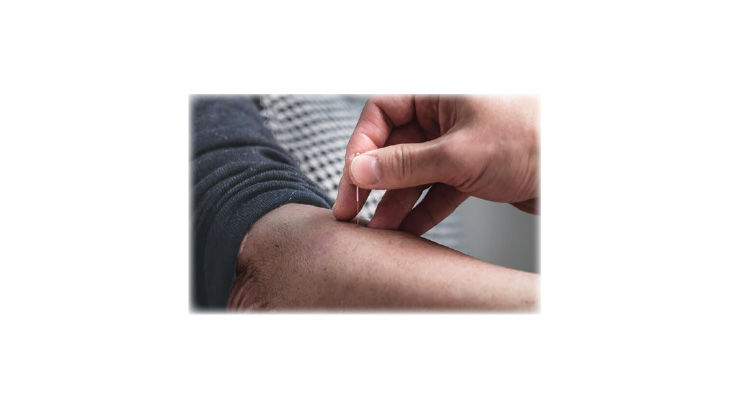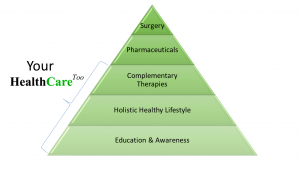Alternative Medicine Is Complementary

Health systems add alternative therapies to traditional offerings.
How about laughter yoga to help lower your blood pressure? Or acupuncture to help manage chronic lower back pain? Expectant moms can take advantage of aromatherapy to help elevate mood and feel comfortable and calm. You might even find that most of these therapies are covered by your health insurance.
These alternatives and others, sometimes referred to as complementary or integrative medicine, are finding homes regionally in more conventional settings at Essentia and St. Luke’s health systems. It’s a local trend that reflects what’s happening nationally. This is occurring even while some in the medical industry say these therapies have little or no scientific backing.
Dr. Steven Novella, a professor of neurology at the Yale School of Medicine, said in the article that by promoting such therapies, physicians are forfeiting “any claim that we had to being a science-based profession.”
At the same time, the article does acknowledge, “modern medicine clearly can’t cure everyone,” and quotes Dr. Linda Lee, a gastroenterologist at Johns Hopkins. “Yes, as scientists we want to be rigid. But me, as a physician, I want to find what’s best for a patient. Who am I to say that’s hogwash?”
Lee, and several local health system sources, also note that most of these alternative therapies supplement, but don’t necessarily replace, conventional treatments. In addition, sources say these therapies are gaining acceptance by the medical community, health insurance plans and, maybe most importantly, the public.
Source: Alternative medicine, conventional settings
You Have Been Heard!
Consumers have been silent partners in conventional Western medicine for decades. In the early 1900’s the leading causes of death and infirmity were infectious diseases (like pneumonia) and trauma (like injuries from accidents). Following “doctor’s orders” made sense to treat these curable condition. In the 2000’s, however, we face an epidemic of chronic diseases like heart disease, cancer and diabetes. Unlike the health issues of the early 1900’s, 80% of chronic diseases can be prevented with Lifestyle choices like diet, mindfulness, social interactions, and more. Consumers now look for more in their Lifestyle. They want “clean foods” and yoga and acupuncture… not just pills and procedures. With consumer demand, alternative medicine is complementary throughout the US healthcare system, whether national payers or local providers.
Our Model
The HealthCare Too model provides for a holistic approach to health. We look for articles and knowledge to help consumers and their care teams make holistic health decisions and also shop for the best deals in holistic health so you can find them here! We appreciate the value of surgery and pharmaceuticals but want to make more paths available for your HealthCare Too. See our model for Holistic Health for more information!
Shop HealthCare Too for Items for your Holistic Health needs.




